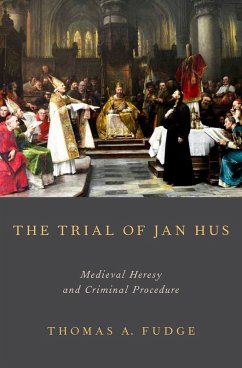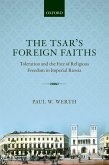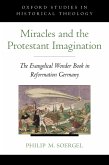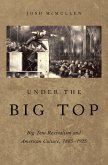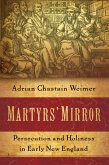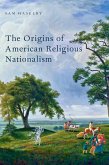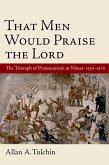Six hundred years ago, the Czech priest Jan Hus (1371-1415) traveled out of Bohemia, never to return. After a five-year legal ordeal that took place in Prague, in the papal curia, and finally in southern Germany, the case of Jan Hus was heard by one of the largest and most magnificent church gatherings in medieval history: the Council of Constance. Before a huge audience, Hus was burned alive as a stubborn and disobedient heretic. His trial sparked intense reactions and opinions ranging from satisfaction to accusations of judicial murder. Thomas A. Fudge offers the first English-language examination of the indictment, relevant canon law, and questions of procedural legality. In the modern world, there is instinctive sympathy for a man burned alive for his convictions, and it is presumed that any court that sanctioned such an action must have been irregular. Was Hus guilty of heresy? Were his doctrinal convictions contrary to established ideas espoused by the Latin Church? Was his trial legal? Despite its historical significance and the controversy it provoked, the trial of Jan Hus has never before been the subject of a thorough legal analysis or assessed against prevailing canonical legislation and procedural law in the later Middle Ages.
The Trial of Jan Hus shows how this popular and successful priest became a criminal suspect and a convicted felon, and why he was publicly executed, providing critical insight into what may have been the most significant heresy trial of the Middle Ages.
Dieser Download kann aus rechtlichen Gründen nur mit Rechnungsadresse in A, B, BG, CY, CZ, D, DK, EW, E, FIN, F, GR, HR, H, IRL, I, LT, L, LR, M, NL, PL, P, R, S, SLO, SK ausgeliefert werden.

